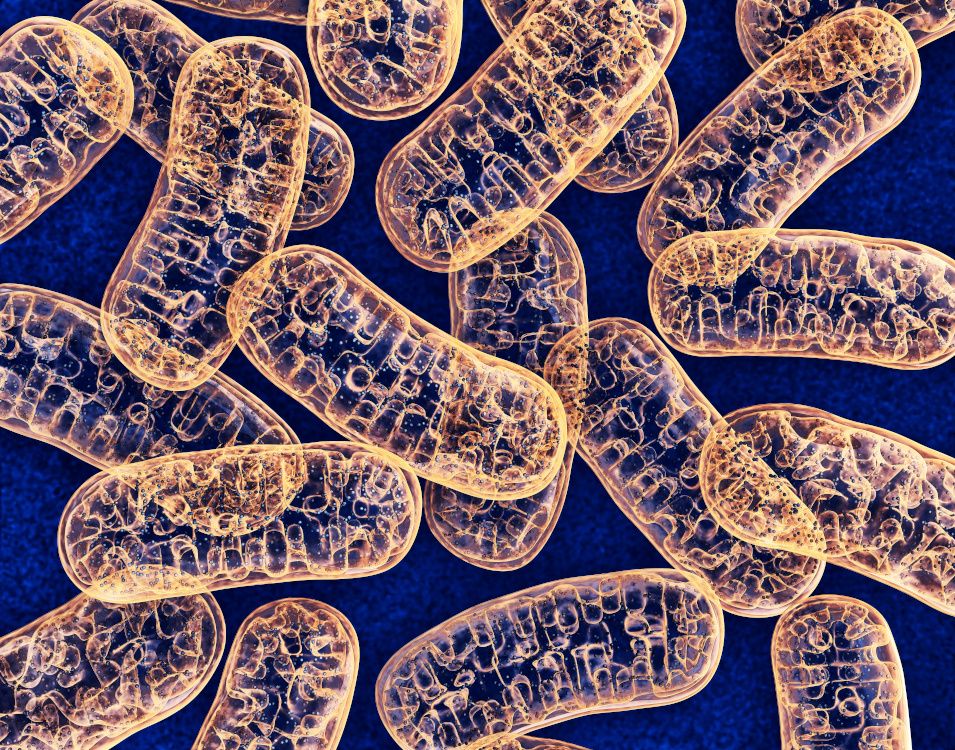A recent study shows RiaGev increases NAD+ and glutathione levels, says Bioenergy Life Science
Bioenergy Life Science recently announced the results of an unpublished study, investigating the safety and efficacy of its product RiaGev, which contains a branded D-ribose (Bioenergy Ribose) and vitamin B3.
Photo © AdobeStock.com/Wire_man

Bioenergy Life Science (Ham Lake, MN) recently announced the results of an unpublished study, investigating the safety and efficacy of its product RiaGev, which contains a branded D-ribose (Bioenergy Ribose) and vitamin B3. In the single-center, randomized, double-blind, comparator- controlled, cross-over study, 18 healthy male and female subjects between 35 and 65 years of age were given either 2,000 mg of RiaGev or an active comparator for eight days. Researchers measured whole blood NAD+ and NADP levels at baseline, day 3, day 5, and day 8. They also measured the change in serum glucose, insulin, glutathione, high energy phosphate, and salivary cortisol levels from baseline to day 8.
According to Bioenergy Life Sciences, the results showed that supplementation with RiaGev significantly increase NAD+ and NADP levels. NAD+, an essential cofactor for the proper functioning of living cells that declines as we age, enables cells and mitochondria to convert carbohydrates, fats, and proteins from food to adenosine triphosphate (ATP), a molecule that carries energy within cells. NADP is an advanced product of NAD+. There was also an increase in serum glutathione, a master antioxidant in the body, indicating the suppression of oxidative stress, and RiaGev supplementation reduced salivary cortisol levels, pointing to a potential reduction of stress.
The combination of D-ribose and vitamin B3 in RiaGev helps support ATP production from multiple pathways. D-ribose is produced in the body via the pentose phosphate pathway (PPP), which is fundamental for adenosine triphosphate (ATP) production. A rate-limiting step, the PPP makes use of a short supply enzyme called glucose-6-phosphate dehydrogenase (G-6-PDH). Supplementation with D-ribose can bypass the PPP to directly contribute to ATP production, says Bioenergy Life Sciences. Vitamin B3, also known as niacin, nicotinic acid, or nicotinamide, is converted into either NAD+ or NADP+.